

Alcohol and other drug treatment services
Overview
Facts and figures
In 2019, 11.0% of people aged 14 and over smoked daily
People living in areas with higher levels of socioeconomic disadvantage are more likely to smoke than those living in areas with lower levels of socioeconomic disadvantage.
In the case of lifetime risk, 16.8% of people in 2019 drank more than 2 drinks per day on average
In 2019, 43% of people in Australia had illicitly used a drug at some point in their lifetime , and 16.4% had used one in the last 12 months
People who identify as gay, lesbian or bisexual have higher proportions of substance use than people who identify as heterosexual. Daily smoking and drinking at risky levels has been on the decline in these populations, however the proportion indicating recent illicit drug use is more than double that of heterosexual people (36% v.16.1%)
In 2019, people aged 18 and over who had been diagnosed with, or treated for, a mental health condition in the last 12 months, were twice as likely to smoke daily as people without a mental health condition. They were also 1.7 times as likely to have recently used an illicit drug
Key documents
Department of Health, National Drug Strategy (2017-2026)
Queensland Mental Health, Drug and Alcohol Strategic Plan (2014-19)
National Aboriginal and Torres Strait Islander Peoples’ Drug Strategy (2015)
National Ice Action Strategy (2015)
Connecting Care to Recovery (2016-21)
Planning for Wellbeing - Year one implementation report
Objectives and actions
Action
Planned completion
Status
8.1.1
Coordinate planning across Brisbane North to improve referral pathways and facilitate seamless access and transitions across the alcohol and other drug treatment services spectrum of care
Planned completion
Ongoing
Status
On track
8.1.2
Deliver an education campaign for GPs on the use of HealthPathways, and Adis - 24 hour Alcohol and Drug Support, in assisting them to support patients experiencing problems related to the use of alcohol and other drugs
Planned completion
Ongoing
Status
On track
Action
Planned completion
Status
8.2.1
Engage with media on use of inappropriate language in media coverage
Planned completion
Ongoing
Status
On track
8.2.2
Build commitment of healthcare organisations and practitioners to delivery of a high standard of care for people using alcohol and other drugs and to addressing the stigma attached to people impacted by problematic use of alcohol and other drugs
Planned completion
Ongoing
Status
On track
Action
Planned completion
Status
8.3.1
Collaborate with the tertiary education sector to improve the skills base of undergraduate and postgraduate professionals in delivery of alcohol and other drug treatment services, including in mental health issues experienced by people with alcohol and other drug issues, and appropriate use of language
Planned completion
Ongoing
Status
On track
8.3.2
Investigate and implement methods that ensure research insights flow into the development of the AOD workforce
Planned completion
Ongoing
Status
On track
8.3.3
Revive communities of practice for front-line alcohol and other drug treatment services’ workers
Planned completion
2019/2020
Status
Completed
8.3.4
Increase investment in professional development that builds capability to respond to complex alcohol and other drug use and mental health issues
Planned completion
Status
On track
8.3.5
Build capability of school staff to recognise and respond to alcohol and other drug issues for students and colleagues
Planned completion
Ongoing
Status
On track
Action
Planned completion
Status
8.4.1
Use service delivery data to increase understanding of Consumer needs and improve service delivery
Planned completion
Ongoing
Status
On track
8.4.2
Undertake a population survey profiling alcohol and other drug treatment services and assessing demand for services, service accessibility and treatment options responsive to specific population groups
Planned completion
2022/23
Status
On track
8.4.3
Support family inclusive approaches to delivery of alcohol and other drug treatment services
Planned completion
Ongoing
Status
On track
8.4.4
Advocate for inclusion of gender identity and sexuality data in the Alcohol and Other Drug Treatment Services National Minimum Data Set
Planned completion
Status
On track
Updated
Action
Planned completion
Status
8.5.1
Support integrated, culturally responsive alcohol and other drug services
Planned completion
Ongoing
Status
On track
8.5.2
Support collaboration and referrals between the community controlled sector and mainstream alcohol and other drug treatment services
Planned completion
Ongoing
Status
On track
8.5.3
Identify current system responses, barriers and gaps for people with alcohol and other drug issues when they are in, or exiting, prison or youth detention
Planned completion
Ongoing
Status
On track
8.5.4
Work with key government and non-government stakeholders to improve referral of Young People and Families experiencing problems related to the use of alcohol and other drugs
Planned completion
Ongoing
Status
On track
8.5.5
Improve service responses and support by linking youth and alcohol and other drug treatment services to build capability in providing services to young people experiencing problems related to the use of alcohol and other drugs
Planned completion
Ongoing
Status
On track
8.5.6
Provide LGBTIQ inclusion training to mainstream treatment providers and explore opportunities for LGBTIQ peer services
Planned completion
Ongoing
Status
On track
Governance
The Alcohol and Drug Partnership Advisory Group was originally established to support development of the Alcohol and Other Drug section of Planning for Wellbeing. Since the launch of Planning for Wellbeing, the Group’s focus has shifted to the provision of guidance and oversight. The Group is comprised of stakeholders and community members with a vested interest in improving outcomes for people who use alcohol and other drugs in the Brisbane North community. The Alcohol and Drug Partnership Advisory Group has direct oversight over implementation of Chapter Eight – Alcohol and other Drug Treatment Services within Planning for Wellbeing.
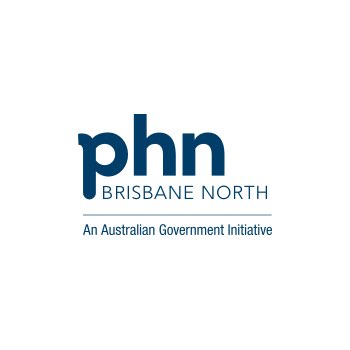
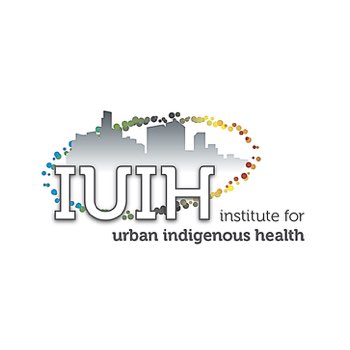
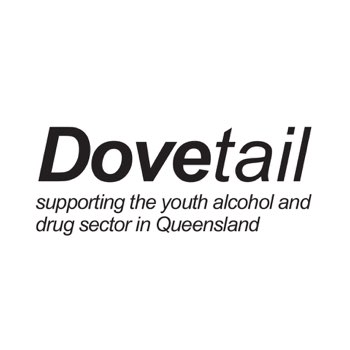
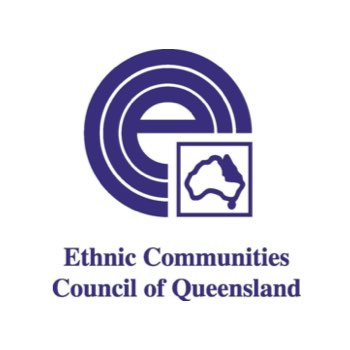
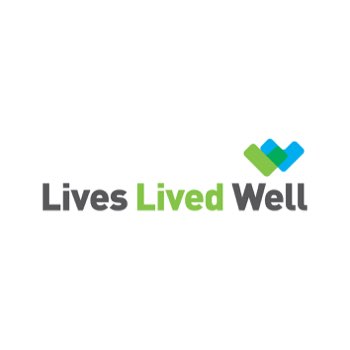
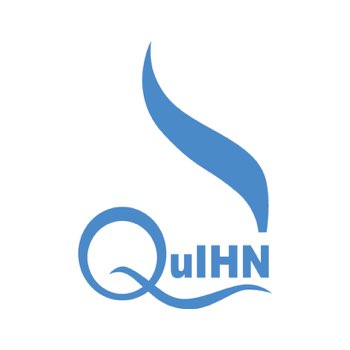
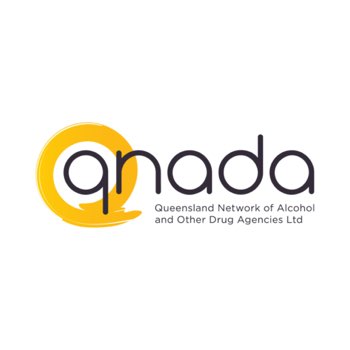

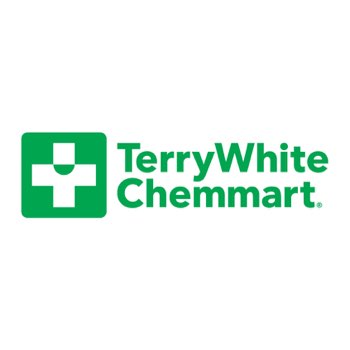
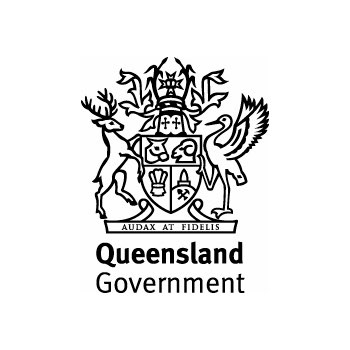
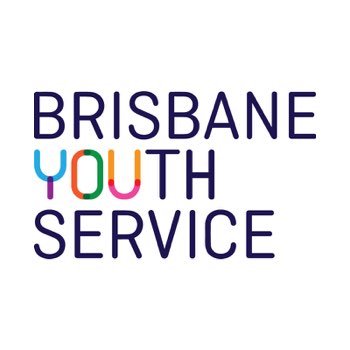
Membership
Anne Kimmerling
Program Manager
Salvation Army Recovery Services - Brisbane Moonyah
Bruce Collins
Principal Policy Officer
Queensland Government – Mental Health Alcohol and Other Drugs Branch
Cameron Francis
Principal Consultant/Social Worker
Dovetail
Chris Campbell
Pharmacist
Terry White Management
Clare Mason
Principal Project Officer
Queensland Mental Health Commission
Deborah Dowsett
Pre and Post Treatment Care Coordination Worker
Salvation Army Recovery Services, Brisbane
Emma Kill
Principal - QuIVAA
Queensland Network of Alcohol and Other Drug Agencies
Erika Nel
Manager, Clinical Services
Lives Lived Well
Erin Boath
Coordinator - Dual Diagnosis Program
Brisbane Youth Service
Gai Lemon
Program Development Officer
Brisbane North PHN
Gary Malone
Senior Counsellor/Project Officer
Queensland Aboriginal and Islander Corp Alcohol and Drug Dependence Services
Hollie Wilson
Allied Health Manager
Alcohol & Drug Information Service (ADIS)
Kathy Faulkner
Manager, Priority Communities
Brisbane North PHN
Kim Sander
Director of Allied Health
Metro North Hospital and Health Service
Mark Lock
Pharmaceutical Society of Australia (Queensland Branch)
Matthew Mercer
Acting Program Manager
Salvation Army Recovery Services - Brisbane Moonyah
Nicola Hayes
Head of Services
Queensland Injectors Health Network
Niki Parry
Client Engagement Officer
Queensland Injectors Health Network / Queensland Injectors Voice for Advocacy
Natalie Scott
Team Leader
Institute for Urban Indigenous Health
Paul Vallance
Manager, Clinical Services
Lives Lived Well
Sean Hynes
Senior Program Manager, Therapeutic Services
Queensland Injectors Health Network
Sean Popovich
Treatment Services Support Manager
Queensland Network of Alcohol and Other Drug Agencies
Tina Pentland
Lived Experience Representative (Carer)
Peer Participation in Mental Health Services (PPIMS) Network
Simone Bursey
Health Services Senior Manager
Brisbane Youth Service
Warwick Pawsey
Program Development Officer
Brisbane North PHN
Achievements
Planning for Wellbeing acknowledges that the strategic setting for alcohol and other drug treatment services is different from the mental health and suicide prevention setting – and is drawn from the National Drug Strategy 2017 – 2026 [1]. These services are guided by a harm minimisation framework.
The shared objectives that have been articulated reflect the work that is required to ensure a region-wide commitment to the Strategy, as well as ensuring that particular at-risk groups are appropriately supported.
A summary of the key achievements against the five shared objectives is included below.
[1] https://www.health.gov.au/resources/publications/national-drug-strategy-2017-2026
Summary of Achievements
Activities to improve collaboration amongst alcohol and other drug (AOD) treatment services have largely been driven by the establishment of two separate, but connected, communities of practice – one for practitioners working in AOD services, and a second for supervisors working in the AOD sector. These communities of practice have supported regular connection within the sector, facilitating increased awareness of service information, and allowing the sharing of practice wisdom.
In addition, specific clinical and service pathways related to AOD interventions, withdrawal services and other AOD support services have been developed in HealthPathways [1] and actively promoted to GPs.
The actions to achieve this objective are focused on promoting best practice related to language and behaviours when supporting people who use drugs and/or alcohol, and working towards the commitment of all healthcare organisations and practitioners to best practice and high standards of care in an attempt to address stigma.
A couple of key activities that have occurred in support of these actions include:
- The active promotion of Language Matters [1] created and disseminated by the Network of Alcohol and Other Drugs Agencies (NADA). This simple but effective resource provides workers with best practice guidelines on how to use language to empower clients and reinforce a person-centred approach
- Implementation of Putting Together the Puzzle: Stigma Discrimination and Injecting Drug Use With funding from the Queensland Mental Health Commission, the Queensland Injectors Health Network (QuIHN) have delivered Statewide training. The workshop was originally developed by the Australian Injecting and Illicit Drug Users League.
[1] https://www.nada.org.au/wp-content/uploads/2018/03/language_matters_-_online_-_final.pdf
Work to achieve this objective has been largely informed by a workforce survey to determine the explicit training needs of the AOD workforce. Key activities have included:
- Frontline AOD agencies, such as Brisbane Youth Service [1] offering fully supervised university student placements to youth work, social work and psychology students interested in working with vulnerable populations
- The Queensland Network of Alcohol and Other Drug Agencies (QNADA) partnered with the Queensland AIDS Council (QuAC) to develop and deliver the e-learning module on Chemsex [2]
- QNADA developing and conducting a half-day forum on managing privacy, consent and confidentiality contextualised for specific populations who use alcohol and/or other drugs
- Both Dovetail [3] and Insight [4] have continued to expand the extensive suite of workshops, e-learning modules, toolkits and resources they have available – particularly targeting the AOD workforce. The resources are freely available.
[1] https://brisyouth.org/student-placements/
[2] https://qnada.org.au/wp-content/uploads/eLearning/Chemsex/story_html5.html
[3] https://www.dovetail.org.au/training/
[4] https://insight.qld.edu.au/
Work to achieve this objective has included reviewing and using routinely collected data from the Alcohol and other Drugs Treatment Services – National Minimum Dataset (AODTS-NMDS) to inform and reshape service responses as required, as well as developing and promoting the AOD Service Finder [1] to support effective matching of service delivery responses to need.
The actions to achieve this objective are focused on improving access to, and services to, vulnerable populations, including:
- Aboriginal and Torres Strait Islander people
- People exiting prison or youth detention
- Young people
- People from culturally and linguistically diverse communities>
- People from Lesbian, Gay, Bisexual, Transgender, Intersex and Queer + (LGBTIQ+) communities.
Insight promotes an extensive list of workshops, guidelines and resources available to support the AOD sector to practice according to best practice principles and in culturally safe and appropriate ways – including:
- The recent addition of a webinar focused on Trauma Informed Care for Aboriginal and Torres Strait Islander clients [1]
- The resource Meth Check – Ways to Stay Safe (Aboriginal and Torres Strait Islander version) [2]
- Helping Asylum Seeker and Refugee Background People with Problematic Alcohol and Other Drug Use – A guide for community support and AOD workers [3]
- A webinar on Alcohol and other Drug Treatment within a prison setting for Aboriginal men [4].
A range of other resources are available on the Insight website.
Dovetail is specifically focused on providing clinical advice and professional support to workers, services and communities across Queensland who engage with young people affected by alcohol and other drug use. A range of resources are available on the Dovetail website.
[1] https://insight.qld.edu.au/training/trauma-informed-care-for-aboriginal-and-torres-strait-islander-clients/detail
[2] https://insight.qld.edu.au/toolkits/aboriginal-and-torres-strait-islander/detail
[3] https://insight.qld.edu.au/shop/helping-asylum-seeker-and-refugee-background-people-with-problematic-alcohol-and-other-drug-use
[4] https://insight.qld.edu.au/training/alcohol-and-other-drug-treatment-within-a-prison-setting-for-aboriginal-men/detail
Success stories
Addiction medicine specialist event – GP education session
Objective 8.3: Skill up our workforce Action 8.3.3: Increase investment in professional development that…
Improving referrals to AOD services
Objective 8.1: Improve collaboration between alcohol and other drug treatment services Action 8.1.1: Coordinate planning across…
Establishing communities of practice
Objective 8.3: Skill up our workforce Action 8.3.2: Revive communities of practice for front-line alcohol…
Addressing stigma and discrimination around AOD issues
Objective 8.2: Build a region-wide commitment to challenging stigmatising and discriminatory practices Action 8.2.3: Build…

